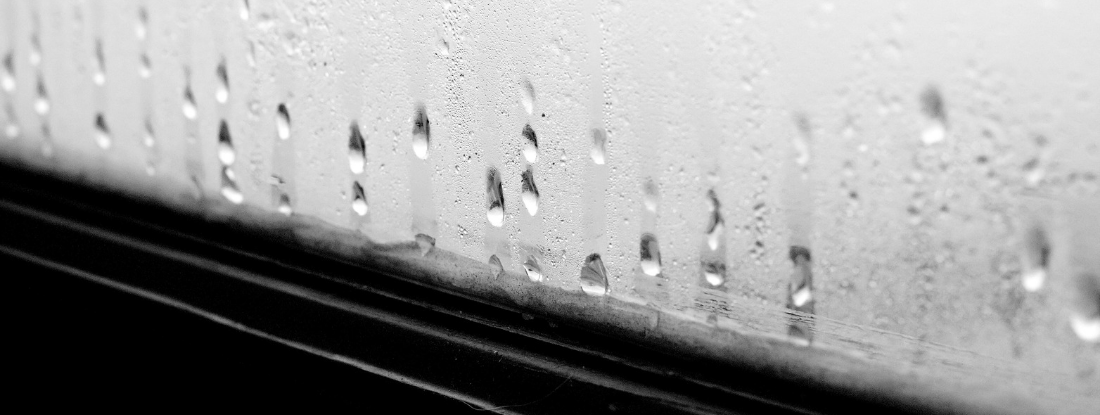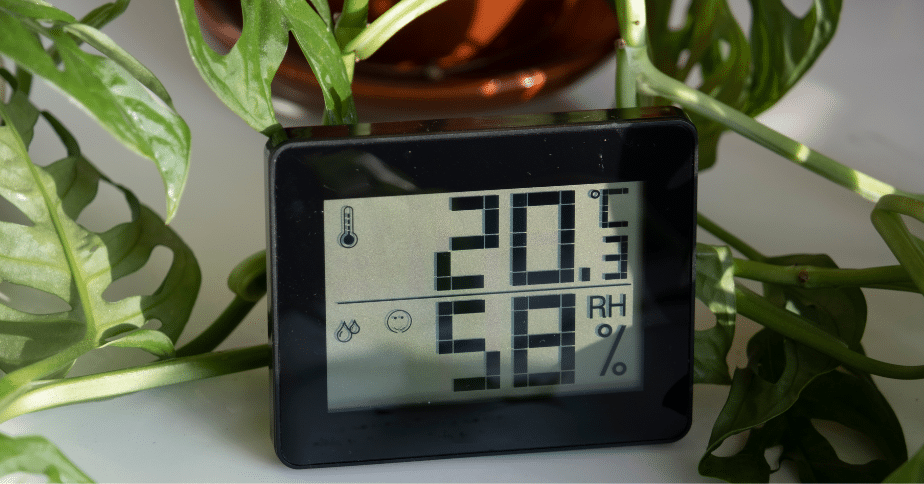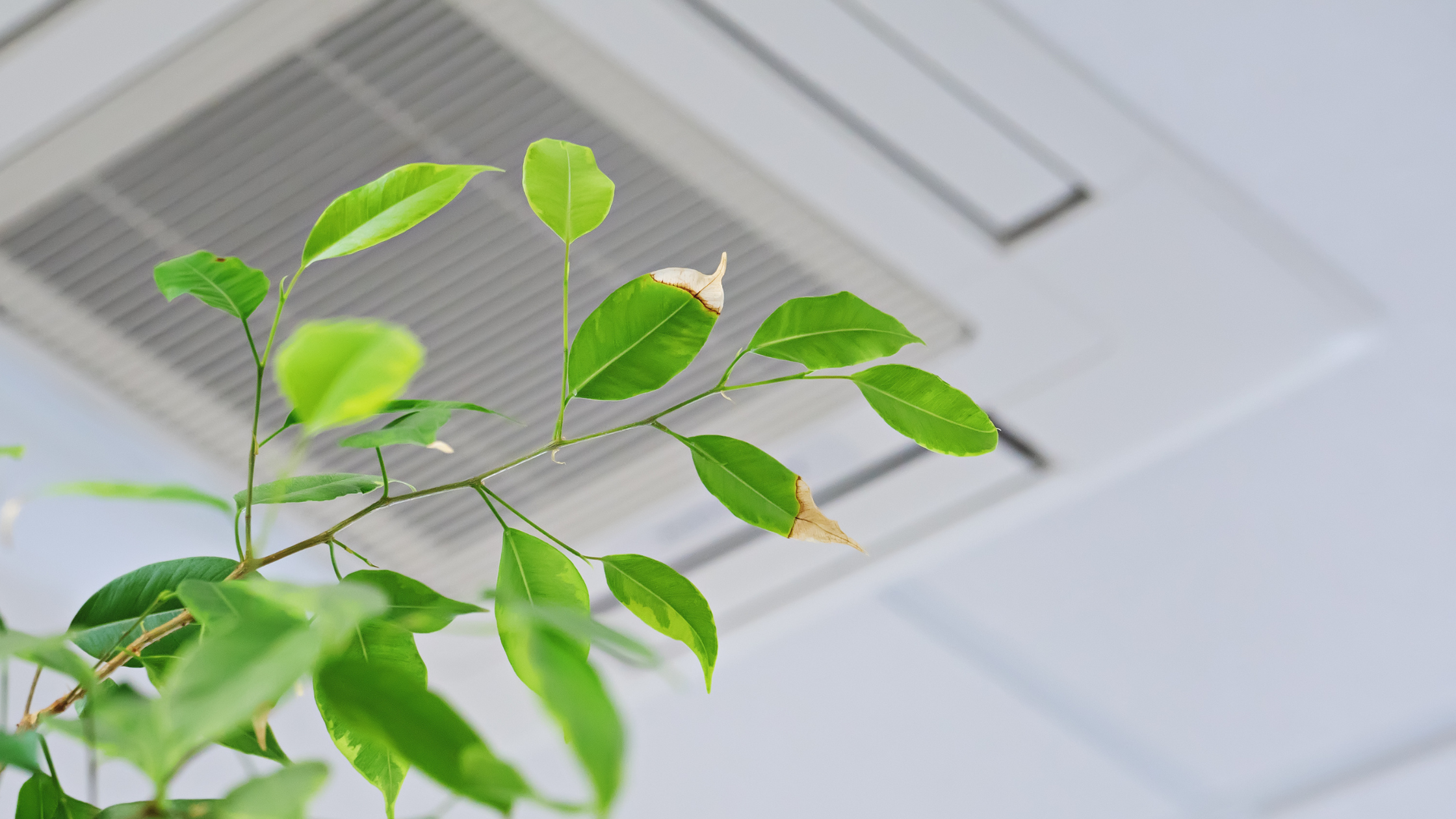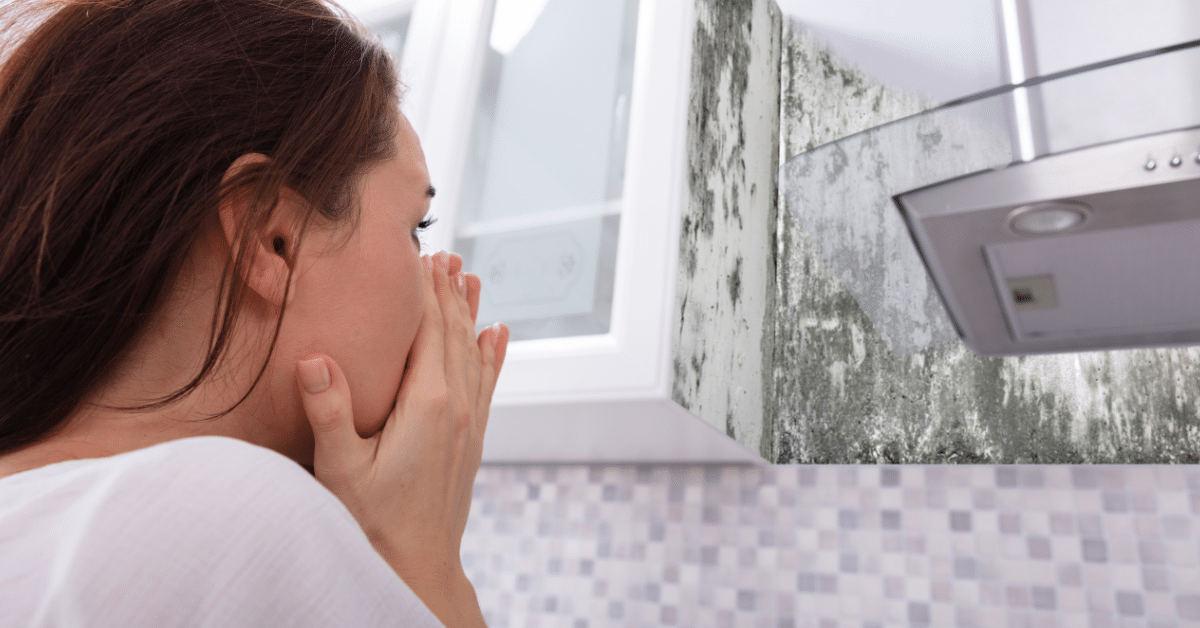When Humidity Rears Its Ugly Head

what is humidity?
Humidity is described as the amount of water vapor or water molecules that are currently present in the air. So, what causes humidity in the air to begin with? It can all be traced back to the water cycle and wind patterns on the planet. When it rains and water reaches the ground, it evaporates back into the atmosphere when it reaches a certain temperature. When you hear meteorologists talking about humidity, they are referring to “relative humidity”. What does that mean? This term simply compares the current amount of moisture in the air to the total amount of moisture that the air can hold.
where humidity is most common
Warm air can hold more water than cold air, which is why you experience those unbearably hot and humid days during the summer months. So, it’s safe to say that you can usually expect higher levels of humidity in warm climates, especially if they are by a large body of water or experience a lot of rainfall. Humidity is often pushed up from wind currents originating from humid places around the world. This is exactly what causes changes in weather.
indoor humidity
Humidity outside is one thing to deal with, and humidity indoors is another. The level of humidity in your home can impact the concentration of indoor air pollutants, which relates to the overall air quality. Having excess moisture in your house creates the perfect conditions for mold and mildew to form. Mold in the home can cause a variety of health disturbances, and it can affect the structural integrity of your home if it goes unchecked. Headaches, dizziness, respiratory issues, and asthma symptoms are some of the health dangers that mold in the household can bring. Mold caused by high humidity levels can wreak havoc on your health, emotional state, and bank account if you have to resort to remediation! This is why it is important to control the level of humidity in your home, especially in unfavorable weather conditions.
controlling humidity in the home
You might be wondering, “How do I keep the humidity of my house in check in a climate like Florida?”, and we’re here to give you some tips. It is recommended to consistently use a dehumidifier in your house if you are experiencing excess humidity indoors, even in the cool winter months. Depending on the weather, you may need to adjust the dehumidifier when it does cool down a bit. You can also get a hygrometer, which is a small tool that measures the relative humidity level in a room. You generally want the relative humidity level to be between 35 and 45 percent, depending on your household. When using a dehumidifier, you’ll want to be certain you’re replacing the filters and cleaning it as needed. If you’re using a dehumidifier with a dirty filter, mold and bacteria can grow quite easily, and those spores will go right into the air.



